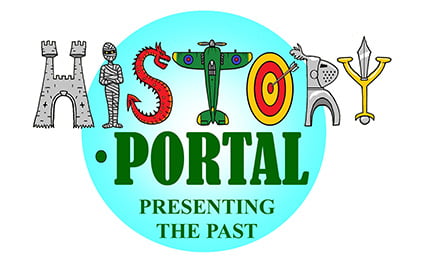 When do you think the first public park was opened in England?
When do you think the first public park was opened in England?
Today we take our public parks for granted, but it didn’t used to be like that. There were a few pleasure gardens and, of course, the wealthy had their private estates, that were enormous parks, but they weren’t public.
This happened was during the reign of Queen Victoria before that there weren’t any public parks.
In fact, her reign was the start of a period of great change in Britain, we call it “The Victorian Age”.
To go back to parks, the main reason for the opening of public parks was that there weren’t any suburbs, in those days you could easily walk to the country.
However, in the Victorian era the suburbs arrived, the towns started taking over the surrounding green fields, suddenly, you couldn’t simply take that walk in the country. This led politicians, such as Robert Peel, to champion the idea of free open spaces inside towns, allowing everyone to benefit.
This idea really took off, especially the idea of them being free open spaces!
It took the Victorian era and the growth of our towns, for the parks we have today to arrive and develop, and what do we do today? We take them for granted!
But there were so many achievements during Queen Victoria’s reign that today we take for granted, for example:
 It was when William Fothergill Cooke and scientist Charles Wheatstone, together produced the electric telegraph. People could now communicate over long distances.
It was when William Fothergill Cooke and scientist Charles Wheatstone, together produced the electric telegraph. People could now communicate over long distances.
When you imagine the size of the British Empire, on which the sun always shone on some part of it, you can see the enormous benefit to us of the electric telegraph. Especially as we now have instant communication across the world with the internet.
- Then in 1838 the first railway line between London to Birmingham was opened.
This was the start of our modern world of travel as it allowed everyone to travel around the country. It is difficult to imagine today that the stagecoach took time and only a few people at a time. The train took many more people quicker.
 In 1840 the first postage stamp “The Penny Black” was sold. The result was that within a year over 70 million letters were sent, and within two over 200 million!
In 1840 the first postage stamp “The Penny Black” was sold. The result was that within a year over 70 million letters were sent, and within two over 200 million!
Today communication is assumed but it was in the Victorian era that it started.
- In 1853 they passed The Vaccination Act, making it compulsory for children to be vaccinated against smallpox. We are still being vaccinated today for smallpox.
Then in 1868 William Gladstone became prime minister and established the first elementary education program and more importantly instituted secret voting at elections.
- Finally, in 1876 Alexander Graham Bell made the first ‘phone call to Thomas Watson, his assistant, opening the age of the telephone. Another invention that we now take for granted today.
So, from parks to the telephone, Queen Victoria’s reign was one of speedy technological development. Much of which is still in use today. Now that development is continuing, yes, at a faster rate, it should be remembered that the acceleration started during the reign of Queen Victoria.
Isn’t history fascinating?
10 questions to discuss:
- Before the Victorian era, were there any other attempts to create public spaces accessible to all in Britain?
- How did the growth of suburbs and towns in the Victorian era specifically influence the need for public parks?
- Beyond Robert Peel, were there any other key figures advocating for the creation of public parks during this period?
- Besides the electric telegraph, were there other significant advancements in communication technology during Queen Victoria’s reign?
- How did the development of the railway system impact social mobility and economic opportunities in Victorian Britain?
- What were some of the initial challenges faced in implementing the Penny Black postage system?
- Despite the Vaccination Act, were there any significant anti-vaccination movements active during the Victorian era?
- What were the key arguments for and against making elementary education compulsory and introducing secret voting?
- How did the invention of the telephone initially change communication patterns and societal norms?
- Considering the rapid advancements during Queen Victoria’s reign, what other inventions or achievements from this period might we take for granted today?
These questions delve deeper into specific points mentioned in the blog tp encourage further exploration and discussion about the Victorian era and its lasting impact. Feel free to modify or expand on them based on your interests!
More information:
https://www.history.org.uk/primary/resource/3871/victorian-britain-a-brief-history
https://www.dkfindout.com/uk/history/victorian-britain/
© Tony Dalton



